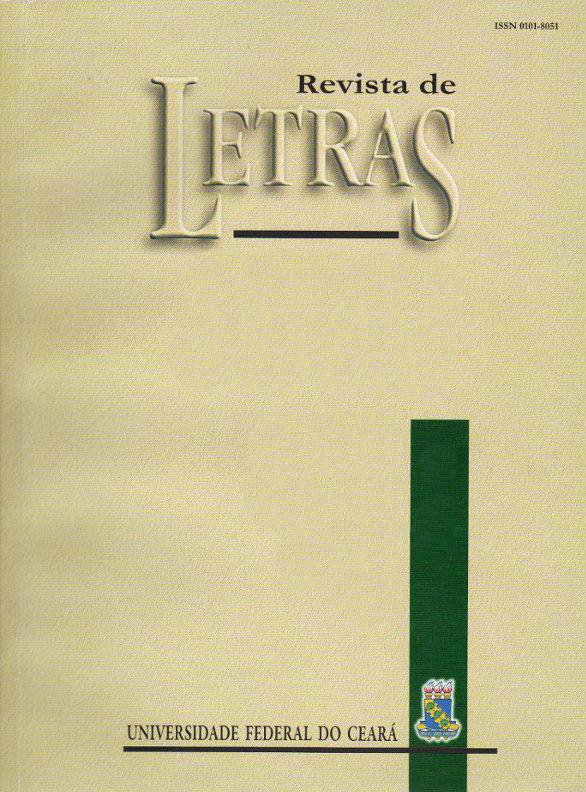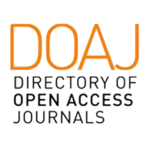DISCOURSE AND TECHNOLOGY: INFORMATIONAL PRACTICES OF THE ASSURINÍ INDIGENOUS PEOPLES OF TROCARÁ.
Abstract
This study aimed to analyze how the use of communication technologies occurs among the Asuriní indigenous people of Aldeia Trocará, in the municipality of Tucuruí, Pará, observing possible changes in the daily lives of the inhabitants of this territory from the interaction in social networks and the use of technological devices. Methodologically, we carried out a qualitative study, with research of / in the field which involved strategies with the use of technology in a pandemic period and exchange of knowledge with collaborators, research subjects; this moment allowed us a corpus of analysis composed of oral narratives and photographs. Theoretically, we are affiliated with a Critical Social History, with a political and historical perspective always based on research ethics. As part of the results, it was possible to perceive that the Asuriní indigenous people of Aldeia Trocará have been using ICTs as a way of acquiring new knowledge and resistance in the face of the needs that are presented in the current globalized world.
Downloads
Downloads
Published
Versions
- 2024-08-21 (3)
- 2024-08-20 (2)
- 2024-08-09 (1)
How to Cite
Issue
Section
License
Copyright (c) 2023 Revista de Letras

This work is licensed under a Creative Commons Attribution 4.0 International License.
Autores que publicam nesta revista concordam com os seguintes termos:- Autores mantêm os direitos autorais e concedem à revista o direito de primeira publicação, com o trabalho simultaneamente licenciado sob a Licença Creative Commons Attribution que permite o compartilhamento do trabalho com reconhecimento da autoria e publicação inicial nesta revista.
- Autores têm autorização para assumir contratos adicionais separadamente, para distribuição não-exclusiva da versão do trabalho publicada nesta revista (ex.: publicar em repositório institucional ou como capítulo de livro), com reconhecimento de autoria e publicação inicial nesta revista.
- Autores têm permissão e são estimulados a publicar e distribuir seu trabalho online (ex.: em repositórios institucionais ou na sua página pessoal) a qualquer ponto antes ou durante o processo editorial, já que isso pode gerar alterações produtivas, bem como aumentar o impacto e a citação do trabalho publicado (Veja O Efeito do Acesso Livre).

.png)






.png)
